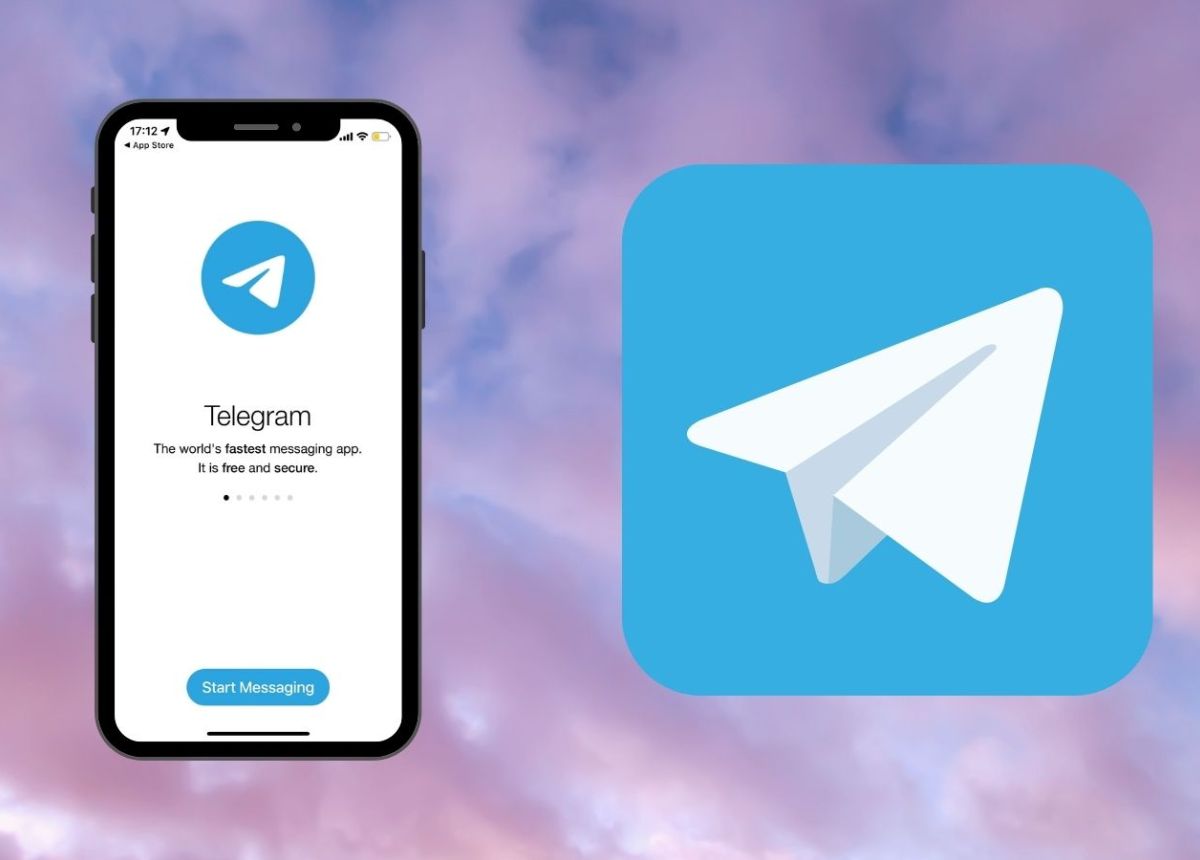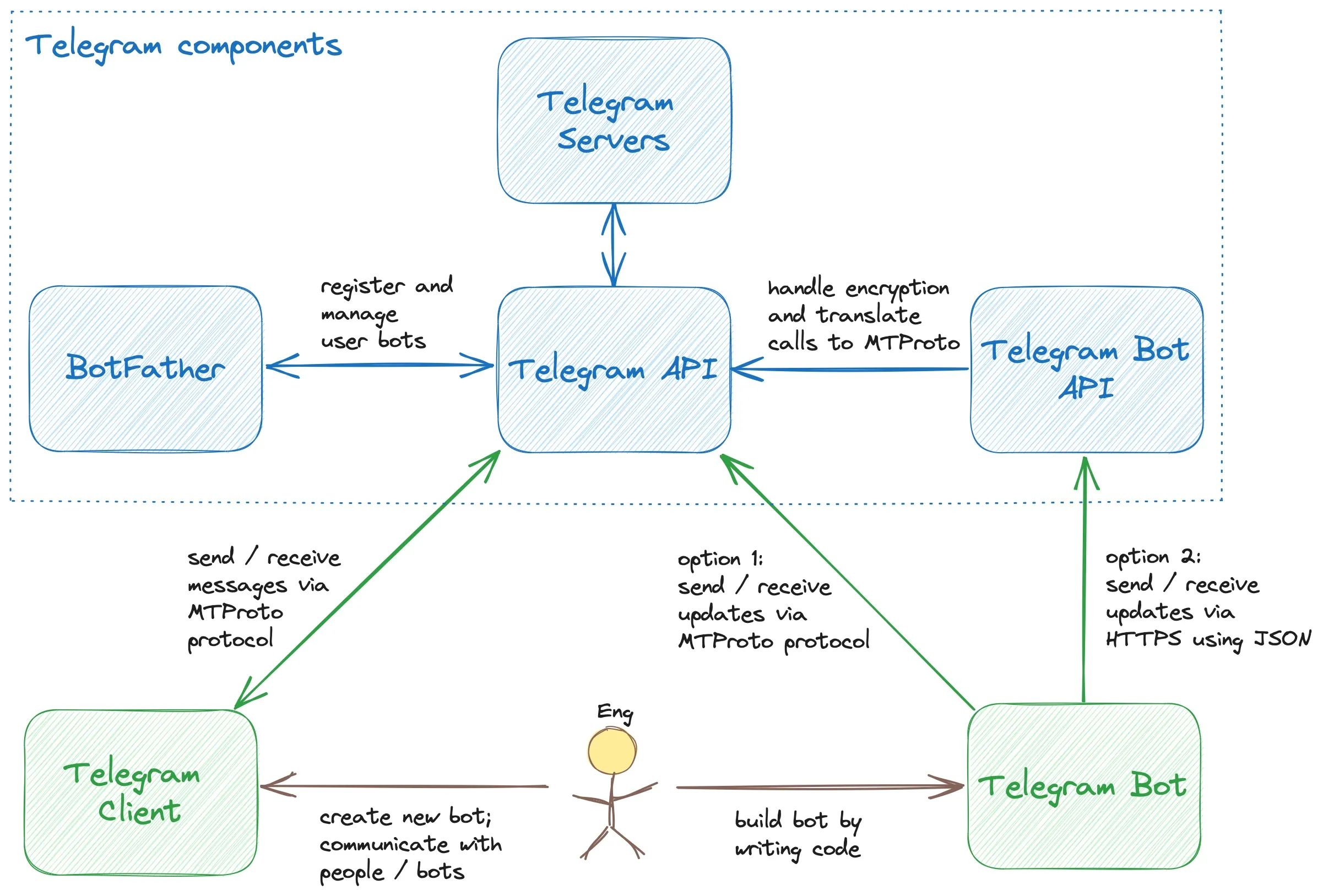Does Telegram Work In UAE? A Closer Look At Staying Connected
Keeping in touch with friends, family, and colleagues can feel like a big puzzle when you are in the United Arab Emirates. Many people who live there, or who visit for business or pleasure, often wonder about how well their favorite messaging apps will actually work. It's a common concern, especially since so much of our daily communication happens through these digital tools. So, does Telegram work in UAE? That's a question many folks ask, and it's a very good one to consider, too.
The way things are set up with internet services in the UAE can be a little different from what you might be used to in other parts of the world. Certain types of communication, especially voice and video calls over the internet, sometimes face specific rules. This can make simply trying to call someone feel a bit more complicated than it should be, apparently.
This article will help explain the situation around Telegram in the UAE, looking at what works, what doesn't, and some of the ways people manage to stay connected. We will explore the reasons behind some of these communication challenges and point to what options are available, so you know what to expect and how to keep your conversations flowing, as a matter of fact.
Table of Contents
- The UAE's Digital Landscape: What's the Deal with VoIP?
- So, Does Telegram Work in the UAE?
- Why VPNs are a Popular Choice
- What About Telegram Calls in the UAE?
- Official Alternatives and Licensed Apps
- Staying Connected: Tips for Communication in the UAE
- Frequently Asked Questions
The UAE's Digital Landscape: What's the Deal with VoIP?
The United Arab Emirates has a very modern and advanced digital setup, with some of the fastest mobile internet speeds anywhere in the world, which is pretty amazing. In fact, its internet quality ranks very high globally, too. This kind of network would seem like the perfect place for seamless voice and video calls over the internet, right? However, there are some specific rules that shape how these services operate within the country.
Understanding VoIP Restrictions
The UAE has put in place some pretty firm regulations regarding the use of VoIP, which stands for Voice over Internet Protocol, and also for encrypted messaging services. This means that many popular apps that offer free voice or video calls, like WhatsApp or FaceTime, sometimes face restrictions. These services are often considered "unlicensed" if they don't follow certain local guidelines, and that makes them prohibited, in a way. This is a key part of understanding why some apps behave differently there, so.
The rules are there, it seems, possibly because these services might pose a security risk, or perhaps they could impact the revenue of state-owned telecommunication companies. This is why you might find that while sending text messages or photos on an app works just fine, the calling feature simply does not connect. It is a very specific situation that many residents and visitors need to be aware of, you know.
The Expats' Dilemma
A huge part of the UAE's population, roughly 90%, consists of people who have moved there from other countries. These expatriates rely a lot on free internet calling apps to keep in touch with their families and friends who live abroad. For them, being able to make a quick call or video chat is not just a convenience; it's a really important way to stay connected to their roots and loved ones.
When popular apps like WhatsApp, Telegram, Messenger, or IMO have their calling features blocked, it creates a real challenge for these individuals. They find themselves trying to make calls through apps that just don't seem to work, obviously. This means they are always on the lookout for communication tools that will allow them to bridge the distance, and stuff like that.
So, Does Telegram Work in the UAE?
This is the big question many people have, and the answer is not a simple yes or no. Telegram, as a messaging app, allows its users to send and receive messages, photos, and secure conversations, and other information quite well. You can generally chat and share media without too many problems, which is a good thing, you know.
The Nuance of Telegram Access
While the text and media sharing aspects of Telegram usually function, the voice and video calling features are where the restrictions often come into play. Just like many other messaging apps, Telegram faces these specific limitations in places like Abu Dhabi and across the wider UAE. It is a direct result of those strict regulations on VoIP services we talked about earlier. So, while you can send a text, making a call is a different story, pretty much.
Sometimes, people report that Telegram calls do work, but often not for very long. It can be a bit inconsistent, and some users have noted more success when trying to call someone outside of the UAE compared to making calls within the country. This intermittent functionality can be frustrating, to be honest, and it means you can't always count on it for important conversations.
The VPN Solution
Despite the restrictions, Telegram can often be accessed in the UAE by using a Virtual Private Network, or VPN. A VPN basically creates a secure, encrypted connection over a public network, which can make it appear as though you are accessing the internet from a different location. This method is often seen as a way around these internet restrictions, so.
Many users in the UAE turn to VPNs to bypass the blocks and continue using apps like Telegram, WhatsApp, and FaceTime, which have all faced similar blocking. It allows them to use the calling features that are otherwise unavailable, letting them connect with others freely, more or less.
Why VPNs are a Popular Choice
For many people in the UAE, especially the large expatriate community, VPNs have become a rather common tool. They offer a way to get around the specific blocks on VoIP services, which are so important for staying connected with people far away. The appeal is pretty clear when you consider the communication needs of millions of residents, you know.
How a VPN Bypasses Blocks
When you use a VPN, your internet traffic is routed through a server in another country. This makes it look like your internet connection is originating from that country, not from the UAE. Because of this, the local internet restrictions, which apply to connections within the UAE, are often bypassed. It's a way to effectively "trick" the system into thinking you are somewhere else, allowing access to services that might otherwise be unavailable, basically.
This method is used not just for Telegram, but also for other widely used communication platforms that have had their internet calling features blocked. WhatsApp and FaceTime, for example, have been blocked, and many people use VPNs to restore their functionality. This is a very common approach for those who want to use their preferred apps, you know.
Important Considerations for VPN Use
While VPNs are widely used, it's worth noting that the legal landscape around them can be complex. The UAE has regulations concerning unauthorized access to networks and services. People often use them, but it is important to be aware of the official stance. Also, the reliability of a VPN can vary; some work better than others, and sometimes even a VPN might experience issues, or not work for long, so.
Choosing a reputable VPN service is often advised, one that offers good encryption and a wide range of server locations. This can help ensure a more stable connection for your communication needs. It is something to keep in mind if you plan on using one to access services like Telegram calling, as a matter of fact.
What About Telegram Calls in the UAE?
The specific question about Telegram calls working in the UAE is a bit more nuanced than simply whether the app itself functions. As we've touched on, the ability to send messages, photos, and secure chats via Telegram is generally fine. The real hurdle comes with voice and video communication, you see.
Voice and Video Call Challenges
The voice calling feature on Telegram, much like WhatsApp's, often does not work in the UAE. This is because it falls under the category of unlicensed Voice over Internet Protocol (VoIP) services, which are generally prohibited by the local telecommunications regulations. This means that while the app is present on your phone, and you can type away, the call button might just not connect or might show an error, literally.
This affects a lot of people, especially the large number of expatriates who depend on free internet calling apps to speak to their families and friends who live outside the country. Trying to make a call through popular apps can be a frustrating experience when the feature is blocked. It's a very common pain point for many residents, you know.
The "Sometimes Works" Scenario
It's interesting to hear from users that sometimes, Telegram calls do work, but not for very long. This inconsistency can be a real headache. One user mentioned having more luck with it when calling someone outside the UAE for some reason. This suggests that the restrictions might be applied with varying degrees of strictness or effectiveness, or perhaps there are temporary windows of availability. It's not something you can reliably count on for daily communication, unfortunately, just a little.
This kind of unpredictable service for calls means that if you need to have a very important conversation, relying solely on Telegram's calling feature without a workaround might not be the best plan. It's better to have a backup or consider other options that are more consistently available, pretty much.
Official Alternatives and Licensed Apps
Given the restrictions on many popular VoIP services, the UAE has made efforts to provide licensed alternatives for voice and video calls. These apps are approved by the Telecommunications and Digital Government Regulatory Authority (TDRA) in the UAE, meaning they can be used without any legal issues. This is a big relief for many people seeking reliable ways to connect, you know.
Licensed Calling Apps
There are several video and voice calling apps that residents can use. These are considered legal because they are licensed within the UAE. Some of these are free, and others might involve a fee or subscription. For instance, Botim is an app that many people in the UAE use for voice and video calls. While one user mentioned it could be "really annoying" sometimes, it is a widely adopted option for connecting with friends and family.
Another option is GoChat Messenger, which was launched by Etisalat UAE, one of the country's major telecommunication providers. GoChat Messenger offers free voice and video calling, making it a viable alternative for those looking to stay in touch. These licensed apps are often promoted as the best alternatives for video calls in Dubai and the wider UAE, as they are free and easy to use, too.
Other Messaging Apps with Different Approaches
Beyond the strictly licensed apps, some other messaging services have different ways of operating in the UAE. For example, Signal is another messaging app that is known for its strong privacy features. It's worth noting that the UAE, along with a few other countries like Egypt, Oman, Qatar, and Iran, is among the places where Signal actually enables censorship circumvention by default. This means it has built-in features to help it work even in restricted environments, which is quite interesting.
Telegram Messenger itself is often seen as a strong competitor to WhatsApp, offering a range of features beyond just basic messaging. Viber is yet another messaging app that users might consider. While the calling features of these apps might still face restrictions unless a VPN is used, their messaging capabilities generally remain functional. This provides a diverse set of tools for people to choose from when trying to communicate, so.
Staying Connected: Tips for Communication in the UAE
Navigating communication in the UAE means understanding the local rules and having a few options ready. With millions of tourists and businesspeople visiting each year, and a large expatriate population, knowing how to stay in touch is a very practical matter. It's all about finding what works best for your specific needs, you know.
Choosing the Right App
When you're in the UAE and want to make calls, your best bet is to consider the officially licensed apps first. Services like Botim and GoChat Messenger are designed to work within the country's regulatory framework, meaning they are reliable for voice and video calls without needing any workarounds. They are often free and straightforward to use, making them very convenient options.
If you prefer to use apps like Telegram, WhatsApp, or FaceTime for their specific features or because your contacts primarily use them, then exploring a reputable VPN service might be a path you consider. Many users find this helpful for bypassing the VoIP restrictions. However, it's always good to have a licensed alternative as a backup, just in case, that.
The Importance of a Reliable Connection
The UAE boasts some of the fastest mobile internet speeds in the world, and its internet quality is ranked among the top globally. These are, quite literally, the perfect conditions for seamless voice over internet protocol (VoIP) calls, assuming the services are permitted to operate fully. This means that when an app does work, the call quality is usually very good.
Having a strong and stable internet connection, whether through mobile data or Wi-Fi, is key to any successful internet call, regardless of the app you use. Even if an app is licensed or a VPN is in use, a poor internet connection will still affect your call quality. So, ensuring you have good connectivity is always a good first step, pretty much. Learn more about internet connectivity on our site, and link to this page for more insights.
Frequently Asked Questions
Q: Is Telegram allowed in UAE?
A: Yes, Telegram as a messaging app is generally allowed for sending messages, photos, and secure conversations. However, its voice and video calling features often face restrictions due to the UAE's regulations on unlicensed Voice over Internet Protocol (VoIP) services. Many users access the calling features through a Virtual Private Network (VPN).
Q: Does Telegram call work in UAE?
A: The voice and video calling features of Telegram typically do not work directly in the UAE without a workaround, as they are often blocked due to VoIP restrictions. Some users report intermittent success, but it's not consistently reliable, especially for calls within the UAE. Many people use VPNs to enable these calling features.
Q: What apps currently work for voice and video calls in UAE?
A: Several apps are licensed by the UAE's telecommunications authority for voice and video calls. These include apps like Botim and Etisalat UAE's GoChat Messenger, which are widely used and legally compliant. Other apps like Signal have built-in censorship circumvention, and many users also rely on VPNs to enable calling features on popular apps like WhatsApp, FaceTime, and Telegram. You can find more information about communication apps in the UAE by checking official sources like the Telecommunications and Digital Government Regulatory Authority (TDRA) website.

How Does Telegram Work? A Look Into The Telegram Tech Stack

Telegram App Allowed In Uae at Dorothy Bufkin blog

Understanding Telegram Bots and How They Work